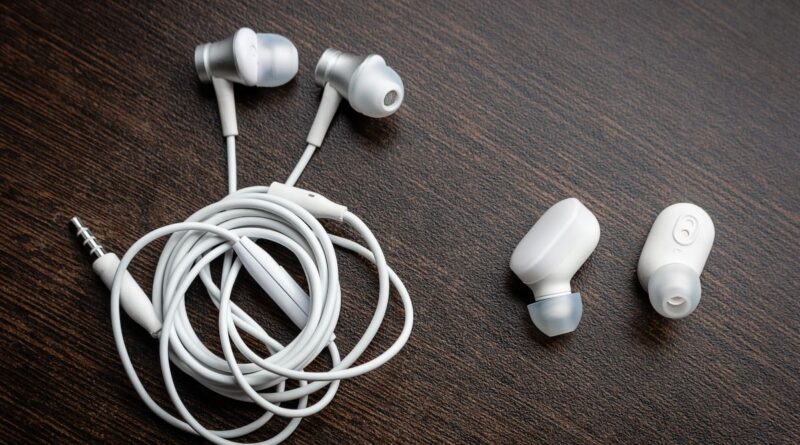When choosing between wired and wireless headphones, the decision often comes down to personal preferences and specific use cases. While wireless technology offers convenience and freedom of movement, wired connections still maintain their position in terms of sound quality and reliability. I’ve spent years testing both types, and I’m excited to share insights that will help you make an informed decision based on your unique needs.
Spis treści:
Sound Quality Comparison
The fundamental difference in sound quality between wired and wireless headphones lies in how they process audio signals. Wired headphones receive an analog signal directly through the cable, potentially offering better sound quality without digital compression. On the other hand, wireless headphones must compress and decompress audio signals, which might affect sound quality. However, modern wireless codecs like aptX HD and LDAC have significantly narrowed this gap, making the difference barely noticeable for most users except the most discerning audiophiles.
Latency Considerations
Latency becomes crucial when watching videos or gaming. Wired headphones excel here with virtually zero latency, making them ideal for gaming and video editing. Wireless headphones typically introduce a small delay – usually between 100-300ms, depending on the Bluetooth version and codec used. The latest Bluetooth 5.0 and specialized gaming wireless headphones have reduced this latency significantly, but they still can’t match the instantaneous response of wired connections.
Battery Life and Convenience
The most obvious advantage of wired headphones is their independence from battery life concerns. They’ll work as long as your audio source has power. Wireless headphones require regular charging, with most modern models offering between 20-40 hours of playback time. While this might seem like a limitation, many users find the freedom of wireless movement outweighs the need to charge. Additionally, many wireless models now feature quick-charging capabilities, providing several hours of use from just a few minutes of charging.
Durability and Maintenance
Wired headphones typically have one primary point of failure: the cable. Despite this vulnerability, they generally last longer when properly maintained and often allow for cable replacement. Wireless headphones eliminate cable concerns but introduce more complex electronic components that can fail. The battery will eventually degrade over time, typically showing significant capacity loss after 2-3 years of regular use. However, many premium wireless models now feature replaceable batteries, addressing this long-term durability concern.
Price-Performance Ratio
At similar price points, wired headphones often deliver better sound quality and build quality since they don’t need to incorporate wireless technology and batteries. You’ll typically find that a $200 wired headphone offers better audio performance than a wireless counterpart at the same price. However, the convenience factor of wireless models often justifies their higher cost for many users. The market also offers high-end wireless options that compete with premium wired headphones in terms of sound quality, though at a higher price point.
Final Thoughts
The choice between wired and wireless headphones depends heavily on your specific needs. For critical listening, studio work, or gaming where audio quality and zero latency are paramount, wired headphones remain the optimal choice. If you prioritize convenience and mobility, modern wireless headphones offer excellent sound quality that satisfies most users’ needs. Consider your primary use case, budget, and whether the freedom of wireless technology outweighs the potential compromises in audio quality and the need for regular charging.
